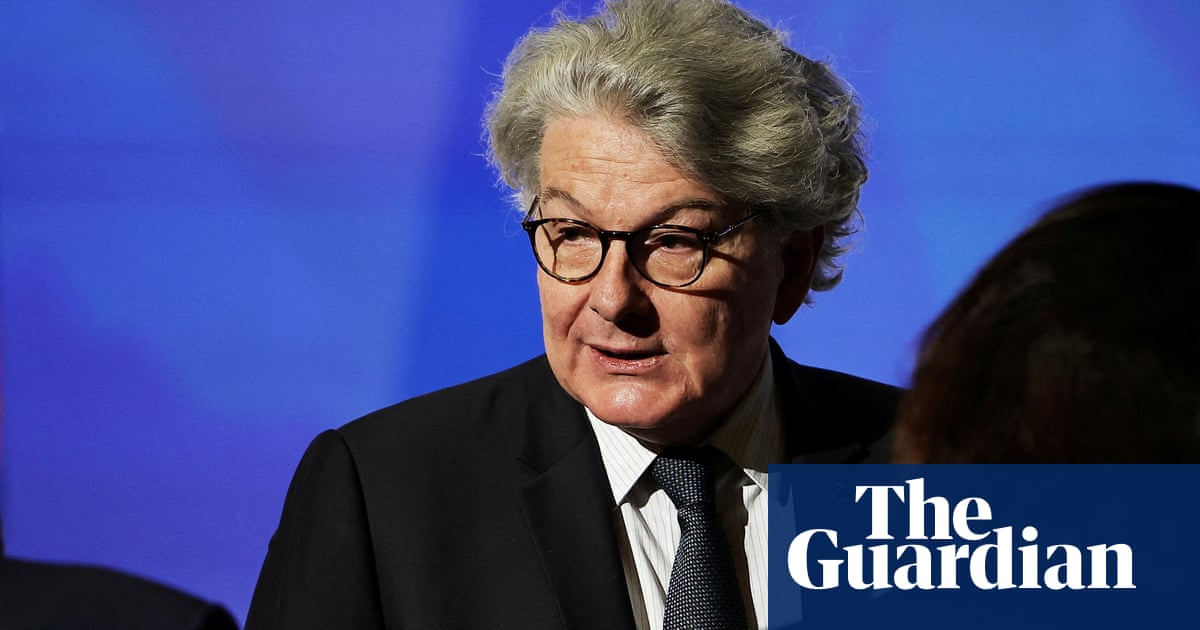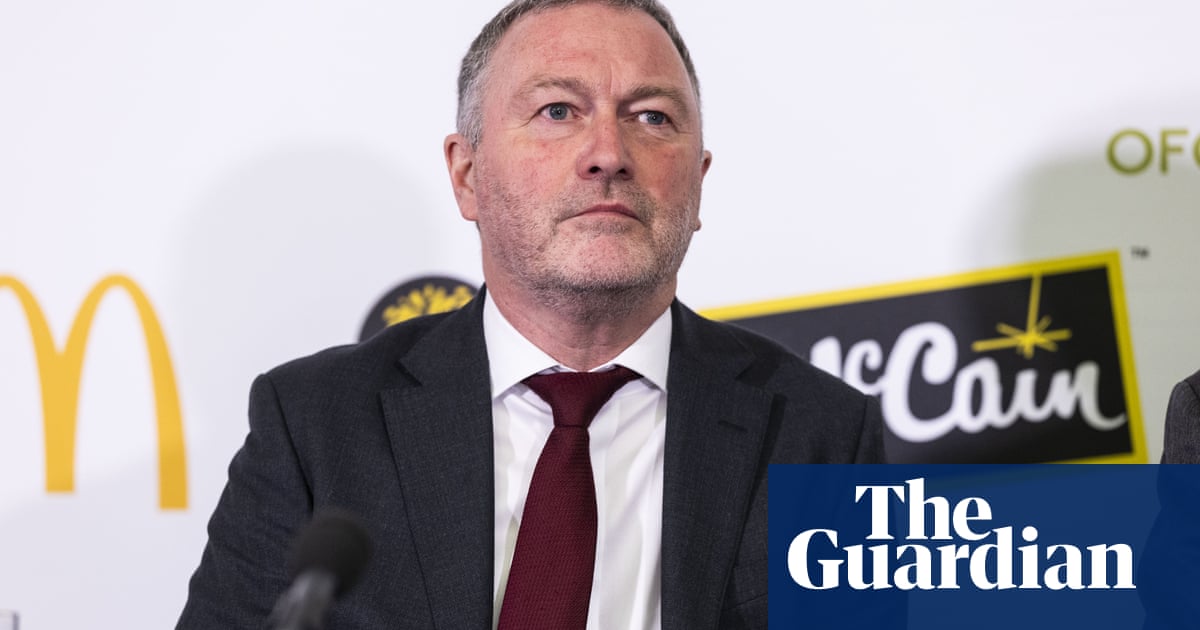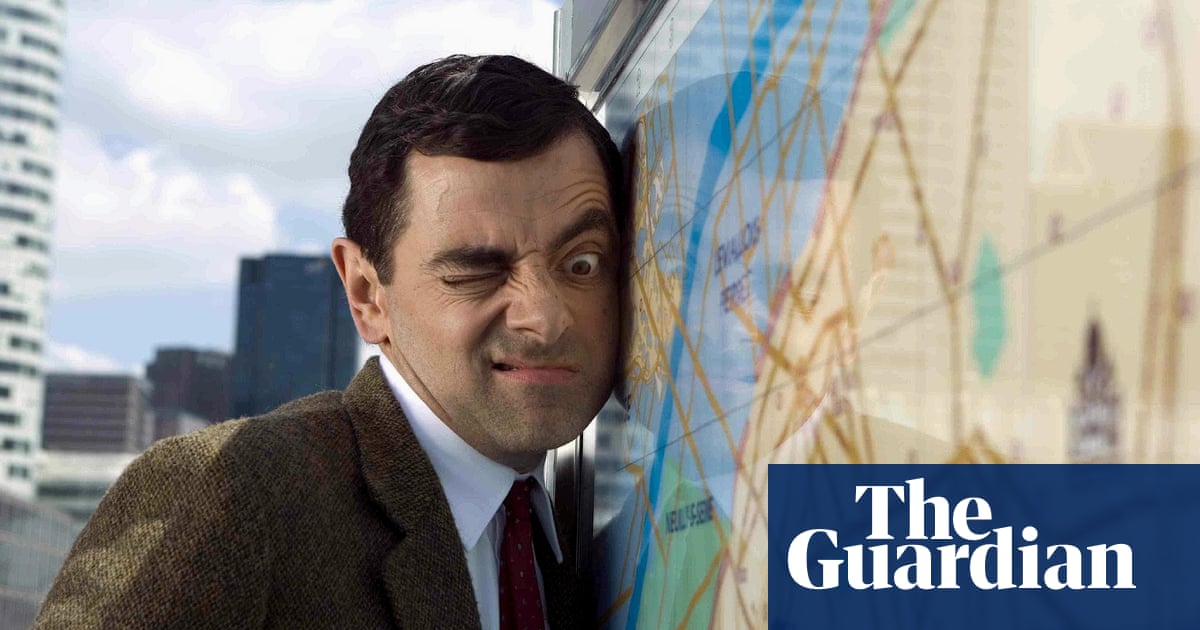The days of tax and spend are supposed to be over, but clearly no one told Rachel Reeves. The chancellor’s debut budget – with its sharp increases in spending, taxes and borrowing – was a budget from yesteryear.
In her speech, Reeves harked back to the times Labour governments had arrived in power – in 1945, 1964 and 1979 – needing to sort out Britain’s problems. This was most like a mid-1960s budget, with its vision of a bigger state used to modernise the economy.
Labour MPs loved it as Reeves announced extra money for the NHS, schools, the armed forces, railways and roads, half of which will paid for by extra taxes and half by additional borrowing. Apart from the pandemic, it was the biggest increase in health spending since 2010.
The numbers are certainly big. As the Office for Budget Responsibility pointed out, spending will rise by just short of £70bn a year, taxes by £40bn a year and borrowing by £32bn.
Public spending as a share of national output will be 44% by the end of the current parliament – up five percentage points on the pre-Covid level in 2019. Taxes will be the highest on record. Many on the left have made the case for levels of spending seen in other European countries for years. Reeves has given them what they asked for.
The chancellor has managed all that without hitting the pockets of working people. The message to ordinary voters is that they are going to get much higher spending on public services without having to pay anything extra themselves.
Reeves could have used the recent drop in crude oil prices to increase fuel duty. She decided not to do so. It was rumoured that she would extend the freeze on tax allowances and thresholds, but decided not to do that either.
Instead, the chancellor has targeted business through a well-trailed increase in employers’ national insurance contributions. This is by no means a free lunch. Reeves said in her speech that increasing employer Nics would raise £25bn a year, but the OBR says that by the end of the decade that will be reduced to £16.1bn a year. That’s because the government’s spending watchdog expects firms to respond to their higher costs by employing fewer people and giving their workers less generous pay rises.
No question, Reeves would have preferred not to have had to increase business taxes and she stressed that her tough decisions were unavoidable thanks to the Tories’ mismanagement of the economy over the past 14 years. That may be so, but the budget was still a gamble in three important respects.
Firstl, there is the risk the financial markets will react badly once they have had time to fully digest the contents of Reeves’s package. Borrowing costs on government debt were modestly higher than before Reeves spoke, in part because the OBR expects the chancellor to only meet her rules for debt and day-to-day spending by relatively small margins. This is not a major threat. There looks like being no repeat of the adverse response to Kwasi Kwarteng’s budget of 2022.
after newsletter promotion
A second – and much bigger concern – is that all the extra tax, spending and borrowing makes no material difference to the economy. According to the OBR, higher Nics will have a negative impact on business investment, and growth projections for the rest of the decade are remarkably similar under Labour as they were under the Conservatives. Higher public spending made possible by borrowing will eventually lead to higher growth, but crucially only by the 2030s.
As a result, the final risk is a political one. Yes, it was a big budget. Yes, it was a discernibly Labour budget. Yes, it was a budget that invested heavily in public services. But living standards are expected to increase by just 0.5% a year during this parliament, so even if the budget is transformative voters may not notice.

.png) 2 months ago
19
2 months ago
19













































